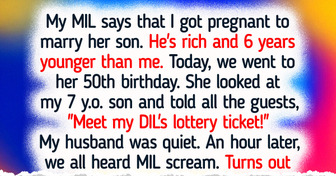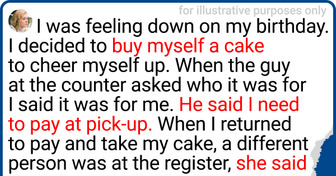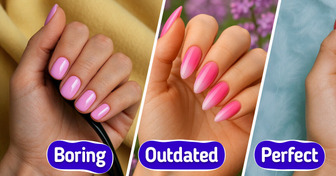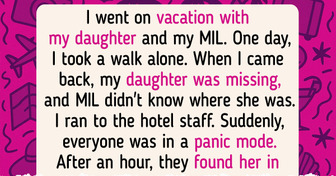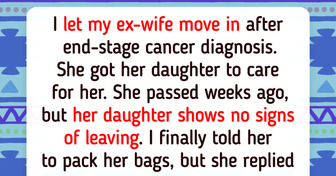10 Real Stories That Feel Like a Tightrope Walk

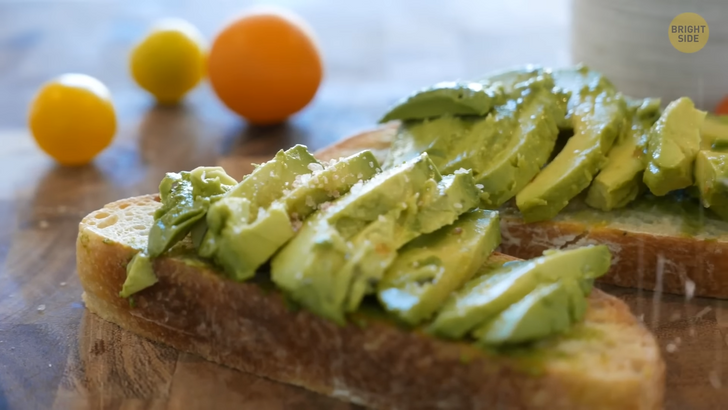
Avocado toast isn’t the right choice for your breakfast meal for several reasons, and both components here are to blame. Avocados do contain B vitamins, minerals and antioxidants that are good for your health. But because they’re a fruit, they don’t meet one important criterion for the “ideal breakfast choice” title — they are super low in protein.
It’s especially important to have protein in the morning because it provides you with energy and keeps you full longer. A breakfast without proteins can’t be considered full, so you’ll be hungry again pretty soon and might crave some unhealthy snacks.
Avocados are rather rich in healthy fats and fiber, though, so, when eaten in reasonable amounts, they can aid in digestion and weight loss. By reasonable amounts, I mean one-third of a medium avocado, which should contain around 80 calories. One-third of an avocado clearly doesn’t sound enough, so you’ll likely add some supplement to your toast. It’s all good if it’s an egg, smoked salmon, or beans.
But once pork bacon or a lot of cheese comes into play, the toast turns into a huge amount of saturated fat, which is definitely not healthy. And oh, avocados are pretty expensive these days. Once you make them a part of your everyday diet, they become quite an investment, but they still won’t be enough for a wholesome breakfast.
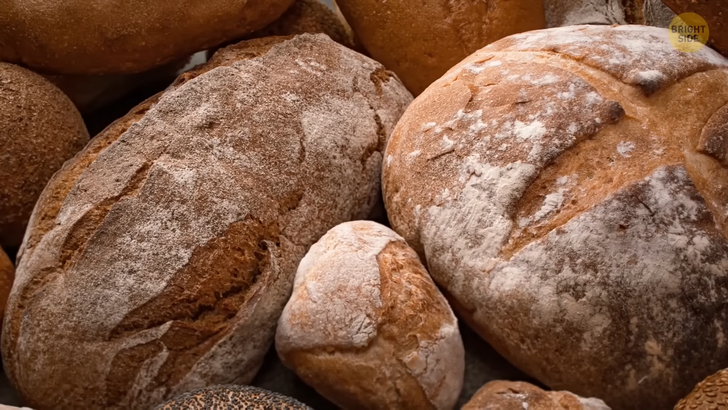
The bread you choose for that toast also matters. White bread is made from refined grain and is fiber-free. Fiber is good for your gut and digestion. You’d need to eat about 8 slices of white bread to get the same amount of fiber as in one slice of whole-grain bread. So, you’ll digest the white toast fast and will be hungry again soon.
Brown bread is not always a good option, either, so study the label carefully. It has to say the bread is whole wheat or whole meal flavor, and not “enriched.” If that’s the case, it will be of the same nutritional value as white bread. Try to find a sort of bread that has the lowest number of ingredients with the minimum amount of additives.
Porridge is a great nutritious breakfast meal, but not when it comes from a sachet, flavored and instantly ready. This type of porridge is packed with sugar and salt, which you have to thank for that cool taste. If you don’t feel like cooking your own oats, endlessly stirring the contents of the cooker, at least choose the plain instant option. You can add the flavor yourself — fresh berries, bananas, nuts, or honey are all yours.
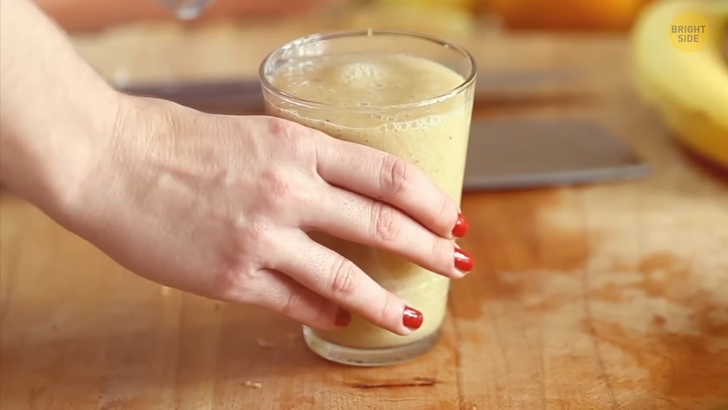
Another big breakfast mistake is opting just for a fruit smoothie and nothing else. When fruits blend together, the natural sugars contained in them turn into free sugars. Those are pretty bad for your teeth and energy levels and can make you gain unhealthy weight. Even if you add kale, spinach, and other greens rather than fruit, this breakfast won’t keep you full for long. You might also be taking in more proteins than you actually need, depending on what types of ingredients and in what proportion you mix.
That smoothie often becomes the only kind of fruit and veggies during the day, but it can’t replace the real thing. Blending destroys a good amount of nutrients when the blender takes in oxygen. A smoothie can be a quick source of some vitamins, but it’s best when you take an actual apple or a carrot. Speaking of those, opt for seasonal local produce whenever you can. Having strawberries and bananas in your smoothie all year round won’t help you cope with changes in weather.
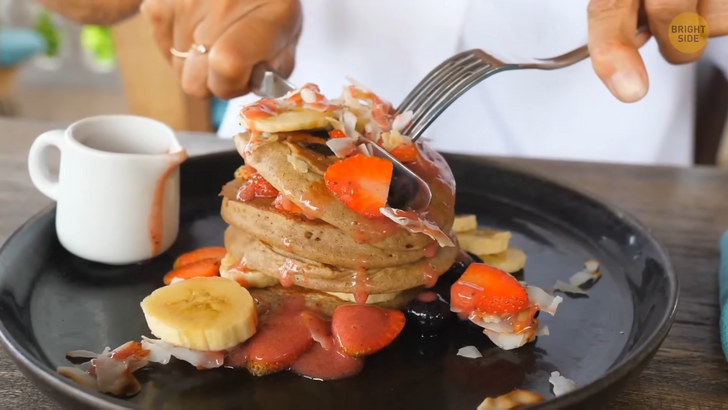
One more breakfast classic, pancakes or waffles with syrup, doesn’t deserve to be on your table as it won’t fuel you up with all the energy you need. Refined white flour and white sugar that most of us use to make pancakes make them rich in calories but poor in nutrients like protein and fiber. And that delicious syrup you add on top...
The real, expensive version of maple syrup contains some minerals but is still mostly sugar. The cheaper version isn’t made from maple sap but from high-fructose corn syrup, which is even worse than pure sugar alone. If you just can’t imagine your mornings without pancakes or waffles, choose whole-grain flour or experiment with almond or chickpea flour.
Okay, you probably can’t go wrong with low-fat or nonfat yogurt, right? Well, if you’re getting one of the low-fat flavored yogurt options, it compensates for the lack of fat with extra sugar. And that’s how many of those yogurts end up with more calories than a same-sized portion of ice cream! Plain full-fat Greek yogurt is your safe choice here.
It’s rich in proteins, and those slow down digestion and make you feel full longer. If it doesn’t feel delicious enough, try adding a dash of honey or some fresh mashed fruits. But never make yogurt your one and only breakfast meal. It doesn’t have enough fiber to make you feel full, so you can also add some bran cereal, flaxseed, or nuts to give it enough energy to fuel your morning.

Sorry to be the party breaker here, but sugary cereal shouldn’t be on your breakfast table, either. Some of them do contain whole grains, but the amount of sugar that’s added to them deprives them of nutritional value. They just make your sugar levels go up in the morning and leave you hungry an hour after breakfast.
The worst choices here would be the ones that look the most visually appealing: sprinkled with chocolate, coming in all colors of the rainbow, or topped with marshmallows. It’s like eating candy for breakfast — you wouldn’t expect it to be too filling.
Those ready-made sandwiches you can buy at any grocery store aren’t as good as their labels suggest. This handy snack most likely contains a large amount of fat, sugar, and salt, and the culprit is mostly some mayonnaise-based dressing. Plus, you can’t choose the ingredients, so you’re likely to end up eating the cheapest cheese or meat and not the freshest of vegetables. The sandwich might also contain preservatives and sodium to make it last longer, and those aren’t good for you.

You can have a cup of coffee with your breakfast, but that cup can’t replace the whole thing. Coffee doesn’t contain calories, protein, or fiber. So, with just one cup, you’ll deprive your body of all the nutrients it needs to kickstart the day.
You’ll get a short boost of energy, but it will all wear off within a couple of hours. You might also become easily irritable and less focused for the same reasons. And try to avoid sugary coffee drinks like caramel macchiatos, white chocolate mochas, and that terribly delicious pumpkin spice latte, too. They have more sugar than you really need and add excessive calories to your daily diet.
Hash browns fans, this one is for you! It doesn’t matter if you buy them as a side at a fast-food breakfast place or frozen at a grocery store. Any of these options comes pre-fried, which means high in fat and containing more calories than you expect. You can try cooking them yourself, instead, to keep the amount of oil as low as possible. The fact that there are so many breakfast meals to avoid isn’t a call for action to skip breakfast altogether!
While you’re sleeping, your digestive system is enjoying its well-deserved break. But if you let it be idle for too long, you’re more likely to overeat and choose sugary foods to boost your energy. Skipping breakfast can also slow down your metabolism and take away your focus. So just go with something healthier instead: from omelets with tomatoes and whole grain toasts to sweet potato hash and overnight oats — there are always some good options.

